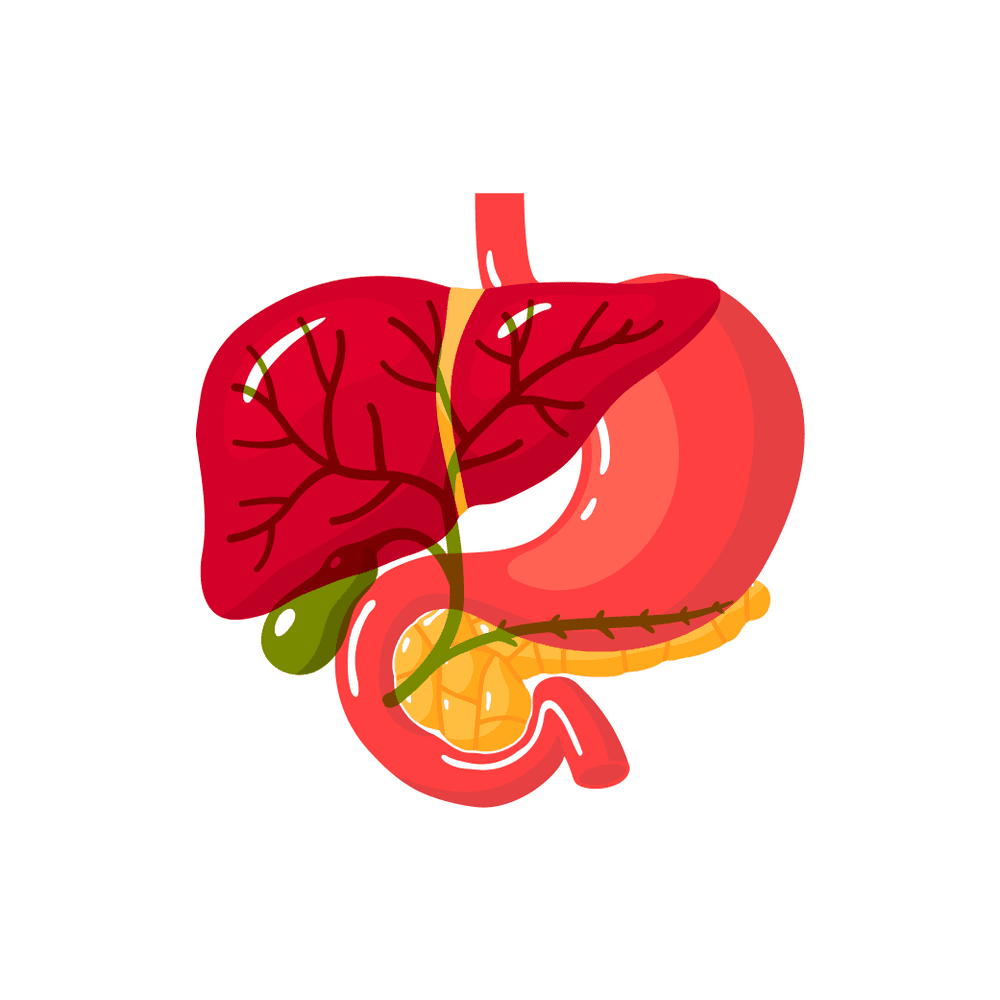What Causes It?
Acute pancreatitis: Often caused by gallstones or alcohol abuse
Chronic pancreatitis: Prolonged alcohol abuse, autoimmune conditions, genetic factors, and recurrent acute pancreatitis
Pancreatic cancer: Risk factors include smoking, obesity, diabetes, chronic pancreatitis, and genetic predisposition
Pancreatic cysts: Can be congenital or develop after pancreatitis, including pseudocysts and various types of cystic neoplasms
Pancreatic endocrine tumors: Usually sporadic but can be associated with genetic syndromes like MEN1
Exocrine pancreatic insufficiency: Often secondary to chronic pancreatitis, cystic fibrosis, or pancreatic surgery
Autoimmune pancreatitis: Immune system mistakenly attacks the pancreas
Genetic mutations (PRSS1, SPINK1, CFTR) increasing susceptibility to pancreatic disorders
Metabolic factors including obesity, diabetes, and high triglycerides
Certain medications that can induce pancreatitis as a side effect
Signs & Symptoms
Upper abdominal pain that may radiate to the back (characteristic of pancreatitis)
Abdominal pain that worsens after eating (common in chronic pancreatitis)
Nausea and vomiting
Unintended weight loss
Oily, foul-smelling stools (steatorrhea) indicating malabsorption
Jaundice (yellowing of the skin and eyes, often seen in pancreatic cancer)
New-onset diabetes or worsening of existing diabetes
Digestive problems and bloating
Fatigue and weakness
In acute pancreatitis: severe, sudden-onset pain often requiring emergency care
In pancreatic endocrine tumors: symptoms related to hormone overproduction (e.g., hypoglycemia with insulinomas)
In advanced pancreatic cancer: abdominal fluid buildup (ascites), blood clots, or depression
